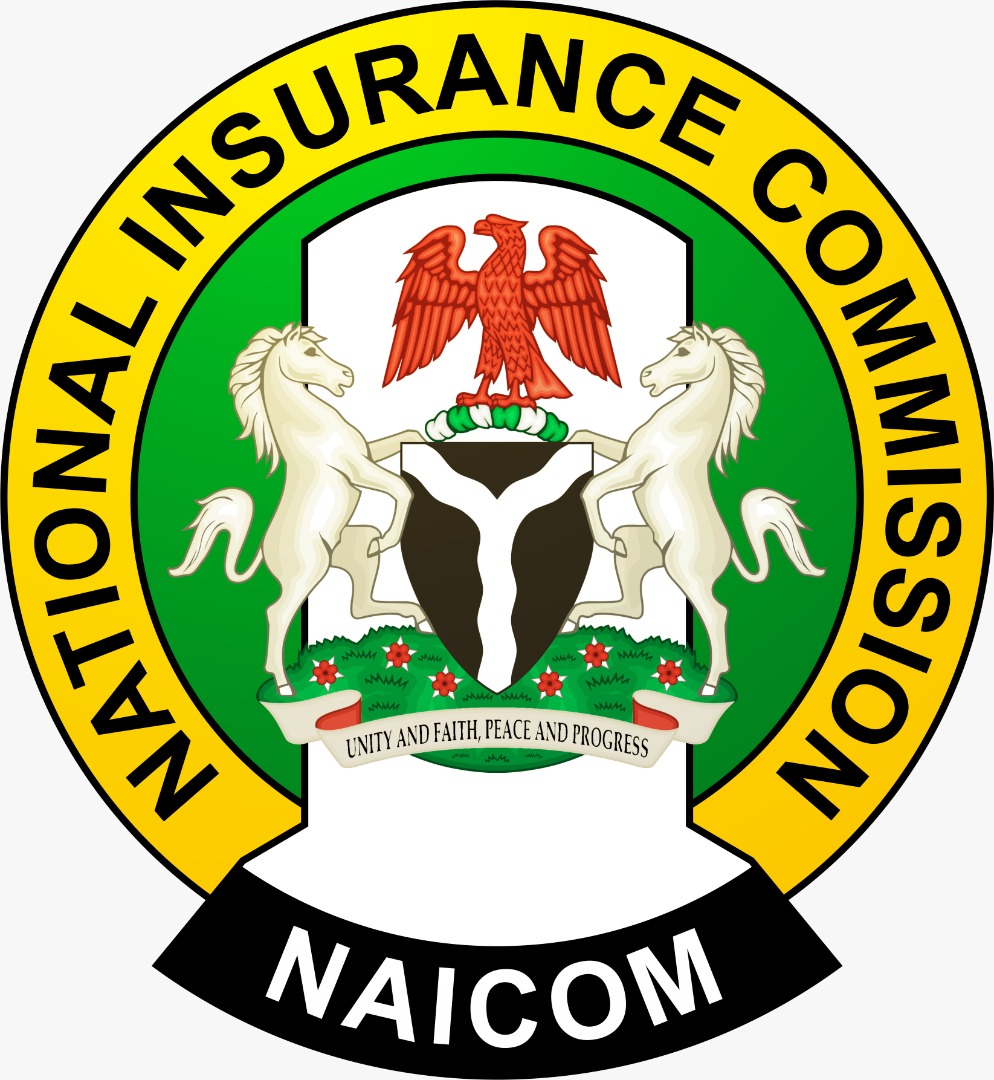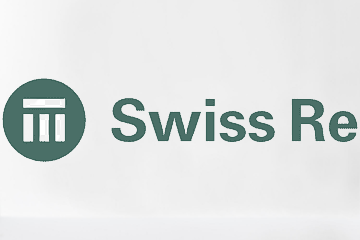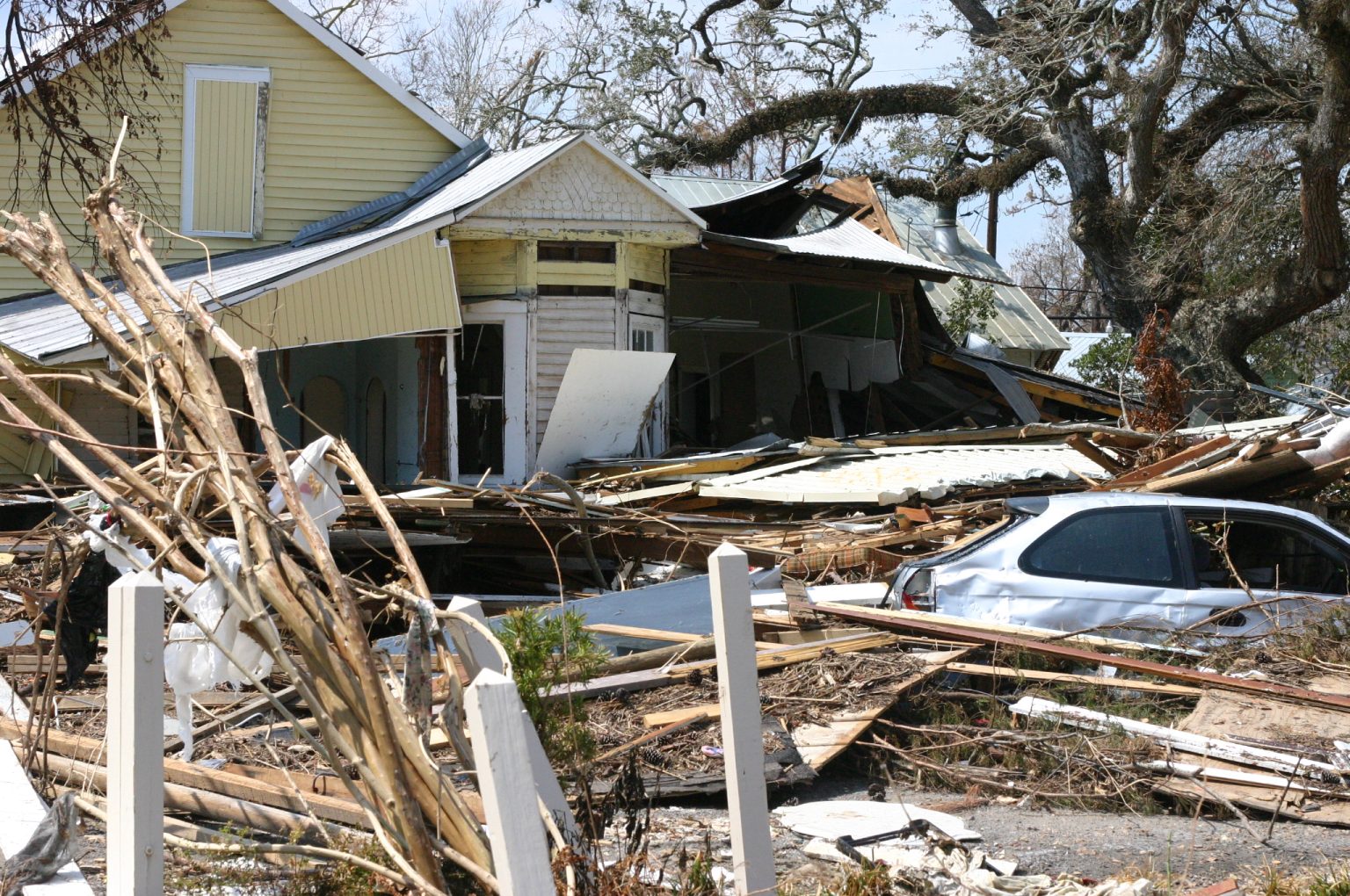In the fourth quarter of 2022, the total assets of Nigeria’s insurance sector increased to N2.33 trillion, according to the National Insurance Commission’s (NAICOM) most recent report.
A total premium of N726.2 billion was produced by the industry, showing growth in gross premium revenue of 17.8% year over year and 36.3% quarter over quarter. The assets figure, according to the report, indicates growth that is positive and implies asset growth in the industry at a rate of 2.4% QoQ and 4.4% YoY.
The non-life insurance businesses accounted for N1.12 trillion of the sector’s total assets, while the market size distribution was N1.22 trillion. The non-life industry, which continued to dominate as in previous times, contributed roughly 57.4 percent compared to the share of the life business, which was at 42.6 percent.
According to the information from NAICOM, the amount of insurance claims reported for the fourth quarter was N318.2 billion, up 31.2% from the third quarter.
The average premium that the entire insurance industry was able to locally retain was 71.3 percent, which is slightly less than it was in the previous quarter and four points less than it was during the same time last year. With a retention percentage of roughly 93.5%, the auto insurance market continued to lead as the most retaining portfolio. In Nigeria, the oil and gas industry had the lowest insurance premium retention rate at 36% in 2022.
The oil and gas portfolio, which has significant capital and expertise requirements by nature, “lamentably remained a challenging angle in the market,” according to a section of NAICOM’s study.
In the past, Oil multinationals preferred to use their captive companies in their home countries rather than Nigerian insurers, which resulted in the insurance business in the oil Tnd gas sector always being handled outside. Thanks to the Nigerian Oil and Gas Industry Content Development Act (NOGICD) of 2010, which at first mandated that operators of the oil and gas industry in Nigeria make sure that local insurers cover at least 10% of the risk and that the remaining insurance is obtained outside. The percentage later rose to 45% and then 70%.
In Nigeria’s oil and gas industry, the act unquestionably made a significant contribution to the expansion of local insurance capacity. Thus, the industry now boasts a retention rate of 36% compared to the historical average of 5%. And the market might gain up to 70% from the act, according to expectations.
Notwithstanding the positive numbers, there are still some areas for development given the status of the insurance industry in the past. Africa continues to have one of the lowest insurance penetration rates in the world, at less than 3%, and this level of penetration is still low overall. When compared to its equivalent, South Africa, a country like Nigeria has a long way to go on the national level.
About 0.5% of Nigerians have insurance, according to a report on the insurance market published in 2022 by Augusto and co. Although there are conflicting reports, one thing can be said with certainty: Nigeria still has a penetration rate for insurance that is less than 1%. By taking into account the nation’s boasted 200 million plus residents, this is unacceptable. As of 2020, the insurance penetration rate in South Africa, which has a population of roughly 60 million, is 13.7%.
Long-standing problems with a weak regulatory framework, lack of skilled workers, a weak risk management framework, lack of skilled workers, poor access to information technology, and a low standard of living are at the heart of these failures.
Nigeria has a broad insurance market, with insurance companies providing a variety of insurance services and products, including life insurance, automobile insurance, property insurance, health insurance, and insurance for homes and businesses. Nonetheless, with more than 50% of the population living below the poverty line, many Nigerians still consider insurance to be a luxury and an impossibility.




